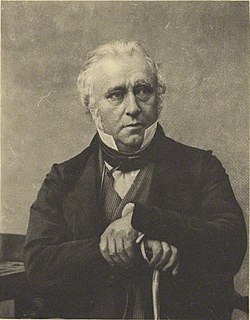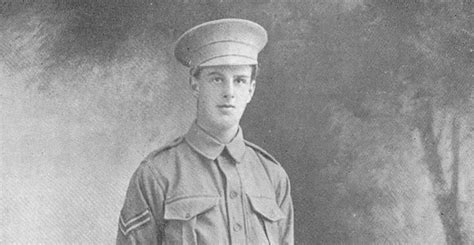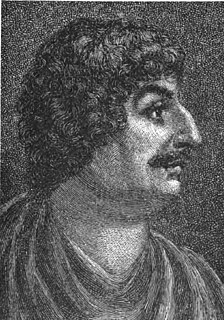A Quote by Maggie Stiefvater
Fro and to in my dreams to you To the haunting tune of the harp For the price I paid when you died that day I paid that day with my heart Fro and to in my dreams to you With the breaking of my heart Ne'er more again will I sing this song Ne'er more will I hear the harp.


































